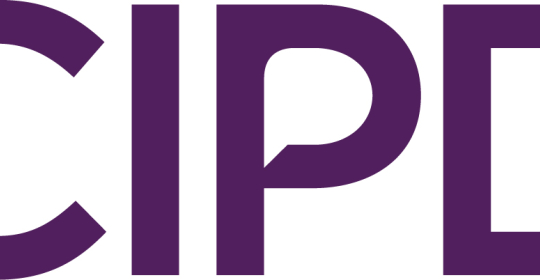Just as 2015 was dominated by pay awards worth 2%, employers have predicted a similar outcome for their 2016 pay reviews. Indeed, analysis of the first 2016 pay awards shows that the median payment so far this year is 2%. However, half of all pay awards already concluded in 2016 are worth between 1.1% and 2.8%, indicating a wider spread of awards than seen during 2015.
These latest figures are in line with the pattern of pay awards over 2015 as a whole. Based on XpertHR's sample of 1,255 basic pay awards, the median award across the whole economy during 2015 was 2%. The figure recorded for the private sector was also 2%, while it stood at 1.5% for the public sector.
XpertHR's latest full analysis covers the three months to the end of December 2015. Known for being the quietest period of the year for pay awards to take effect, we nonetheless see a repeat of the pattern seen throughout the rest of the year, with pay awards recorded at a 2% median. Both the manufacturing and production, and services arms of the private sector have also recorded pay awards at this level.
A key issue for employers on the pay front this year is the national living wage, due to come into effect on 1 April 2016 at £7.20 an hour for employees aged 25 and over. Research by XpertHR suggests that just under half of employers will be affected, with a median 11% of their workforce entitled to a pay rise. Employers estimate that it will cost just under £600 per affected employee in the first year, but with the Government's target of the rate being £9 an hour by 2020, employers will be looking at pay rises of around 6% each year for the next four years for employees paid at this new minimum rate.
XpertHR pay and benefits editor Sheila Attwood said:
"Employers are not showing any signs of wanting or needing to award higher pay rises in 2016.Many will be affected by the introduction of the national living wage in April, and will have to find ways to fund bringing all eligible employees up to the new minimum rate."






